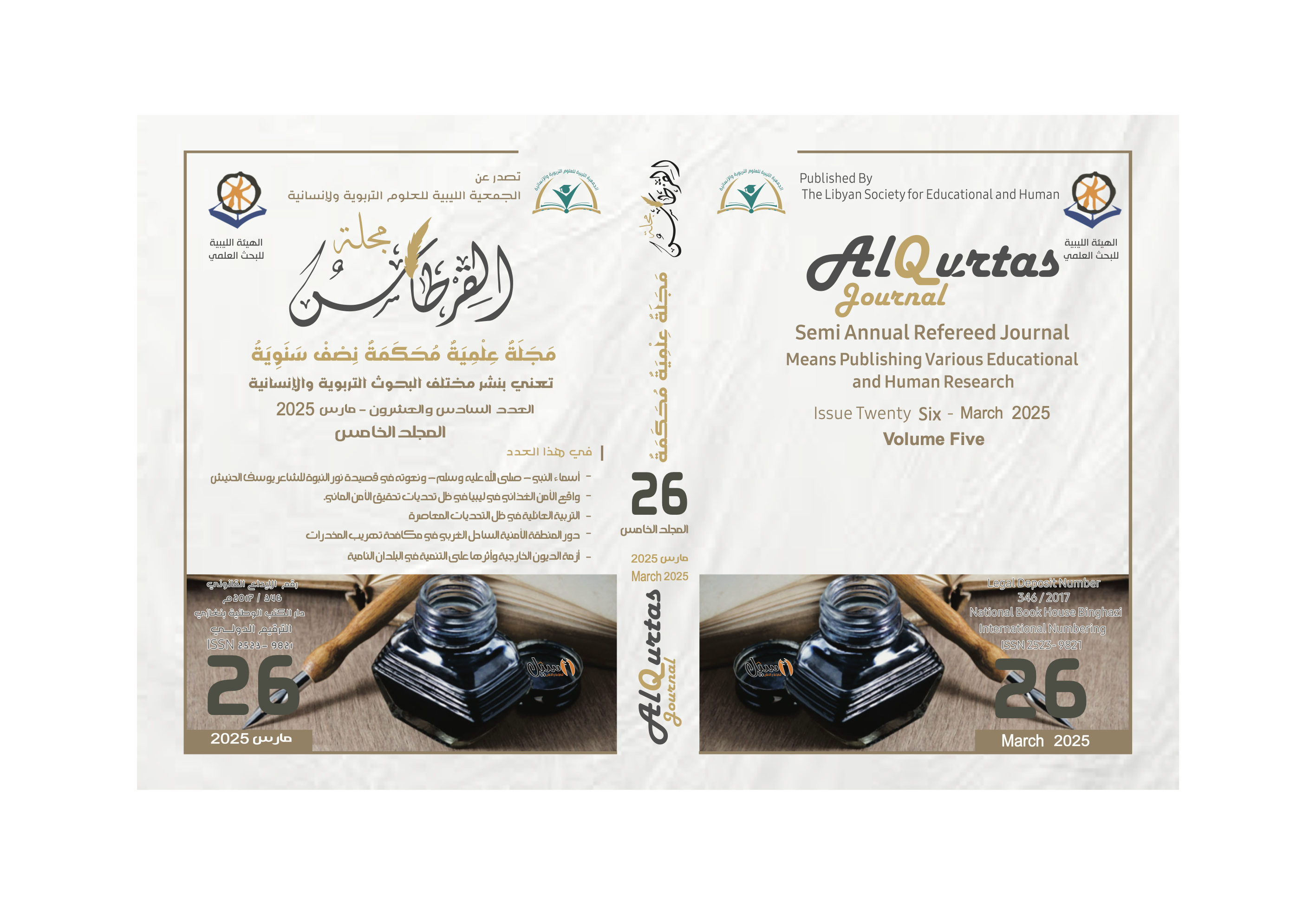The Role of Linguistics in Shaping EffectiveTranslation for Language Education by the lecturer
Contenu principal de l'article
Résumé
This study explores the role of linguistics in shaping effective translation strategies for language education, emphasizing its influence on second language acquisition (SLA). It examines translation as both a cognitive and pedagogical tool that enhances linguistic comprehension, facilitates vocabulary retention, and fosters cultural awareness. However, its effectiveness relies on structured integration within language curricula rather than excessive dependence on direct translation. The findings suggest that functional and dynamic equivalence in translation is more beneficial for language learning than literal word-for-word substitution, as learners who engage in contextual and meaning-based translation exhibit a stronger grasp of grammar, idiomatic expressions, and discourse structures. Additionally, translation contributes significantly to cultural competence, enabling students to understand pragmatic language use and cross-cultural communication by translating culturally embedded texts. The study also highlights the potential of technology-driven translation, particularly machine translation (MT) and post-editing exercises, which can be effective when students are trained to critically evaluate and refine automated translations. However, without structured guidance, reliance on MT can result in linguistic errors and reduced critical thinking skills. Moreover, excessive use of translation may impede fluency and spontaneous speech production, as learners may struggle to think directly in the target language. To maximize translation’s benefits in SLA, effective teaching strategies such as contrastive analysis, interactive translation exercises, and collaborative translation projects should be implemented to encourage active learning. When properly integrated, translation enhances comprehension, improves accuracy, and facilitates better textual production, yet it must be balanced with immersive and communicative learning approaches to prevent linguistic dependency on the first language (L1). The research concludes that strategically incorporating translation into language instruction optimizes linguistic proficiency, strengthens cognitive processing, and supports intercultural awareness. Future studies should further examine the long-term impact of translation on fluency, its contribution to academic writing, and the effectiveness of AI-assisted translation tools in language learning.
